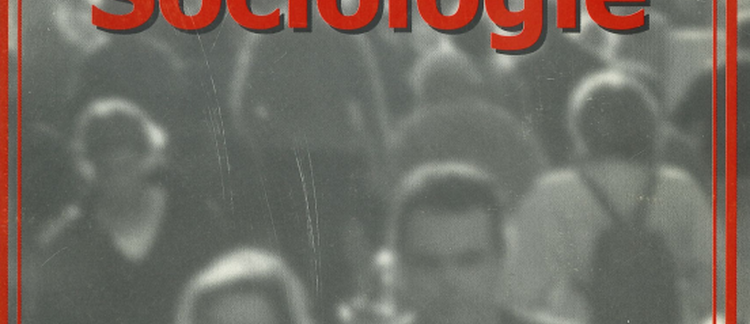Abstract
This article aims to replicate and supplement previous research concerning voting for the extreme right-wing party 'Vlaams Blok' in June 1999. We first discuss different theories concerning the motives for an extreme right-wing vote. Rational choice theories state that voters express their approval with the programme or ideology of such parties. They highlight different motives: a negative attitude towards foreigners, nationalism, authoritarianism and extreme right-wing ideology. The protest theory states that voting for such parties is solely motivated by the rejection of political parties and politics as such. On the basis of the ISPO-data, the background characteristics and attitudes of Vlaams Blok voters in 1999 are analysed, using multivariate methods. The results indicate that the Vlaams Blok vote is principally motivated by a negative attitude towards foreigners. This supports the rational choice theory. However, three secondary motives were discovered; political protest, nationalism and authoritarianism played a minor but additional role in explaining the choice for the Vlaams Blok in 1999.
How to Cite:
Billiet, J. & De Witte, H., (2001) “Wie stemde in juni 1999 voor het Vlaams Blok en waarom?”, Tijdschrift voor Sociologie 22(1), 5–35. doi: https://doi.org/10.21825/sociologos.86516
Downloads:
Download PDF
View PDF


